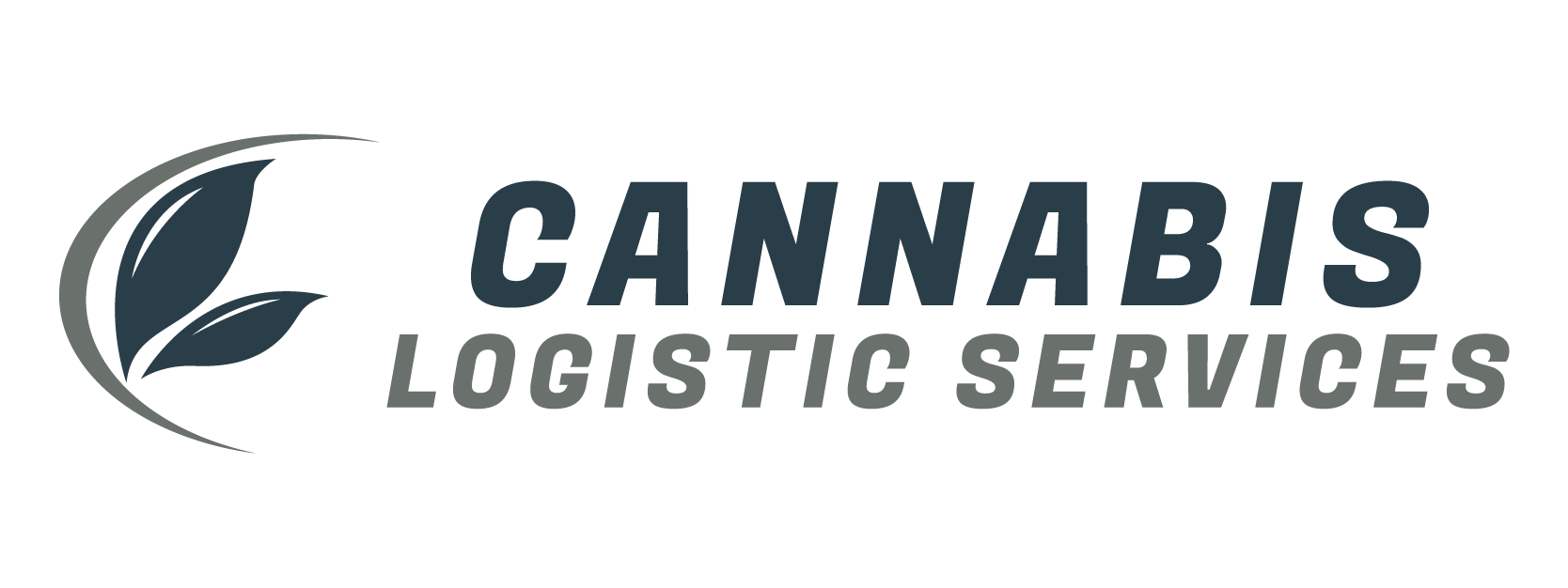In cannabis logistics, the concept of “chain of custody” plays a pivotal role in ensuring product integrity, legal compliance, and public safety. Simply put, chain of custody refers to the documented and unbroken trail of accountability that records the movement, handling, and storage of cannabis products at each stage of their journey—from cultivation to retail sale.
This practice isn’t just a good business strategy; it’s a regulatory necessity. In nearly every legal cannabis market in the U.S., state agencies such as California’s Department of Cannabis Control (DCC) and Colorado’s Marijuana Enforcement Division (MED) require licensed operators to maintain accurate records detailing every handoff, vehicle transfer, and storage location associated with a product. This meticulous tracking is essential for traceability and helps prevent product diversion, contamination, or theft.
At the heart of effective chain of custody protocols is the state-mandated track-and-trace system. Systems like Metrc (Marijuana Enforcement Tracking Reporting Compliance), used in more than 20 U.S. jurisdictions, act as the digital ledger documenting every transaction involving cannabis goods. These systems assign a unique identifier to every plant and packaged product, which must follow that product across the entire supply chain. Transportation manifests, driver logs, and timestamps ensure accountability at every checkpoint.
For cannabis logistics companies, maintaining a strong chain of custody means having the right tools and trained personnel in place. This includes secure vehicles, sealed containers, GPS tracking, and strict documentation procedures. Drivers must be trained not only on compliance protocols, but also on how to handle discrepancies, delays, or emergencies without breaking the chain.
Moreover, chain of custody compliance builds trust with dispensaries and consumers. A clean and documented chain reassures retailers that products are handled with care and reach shelves untampered. For patients and consumers, it ensures that what they purchase is safe, verified, and unadulterated—a key differentiator in an industry still battling perceptions around safety and legitimacy.
Breaks in the chain can result in serious consequences, including product recalls, license suspensions, and legal action. That’s why modern cannabis logistics partners are investing in technologies like blockchain, RFID tracking, and integrated software systems that help them manage inventory in real time and produce detailed audit trails on demand.
Ultimately, chain of custody is more than a paper trail—it’s a backbone of compliance and professionalism in cannabis logistics. It reinforces accountability, streamlines operations, and ensures that cannabis products move securely and lawfully through the supply chain.
For operators navigating the growing complexity of cannabis regulations, understanding and enforcing strong chain of custody standards isn’t optional—it’s essential.

